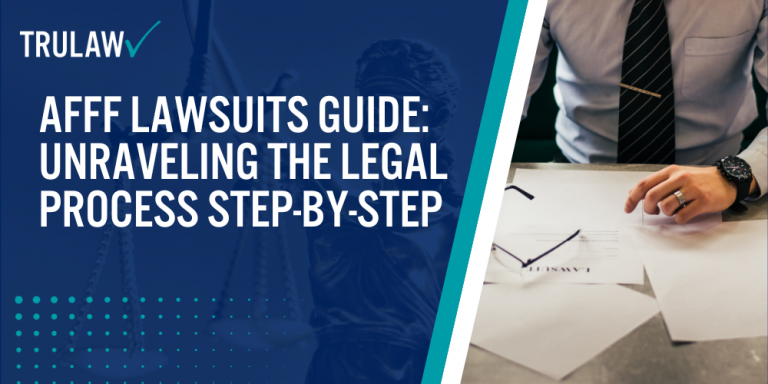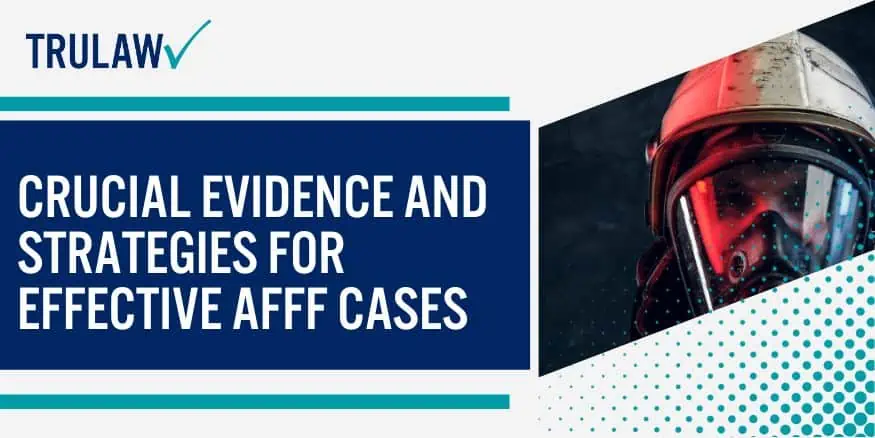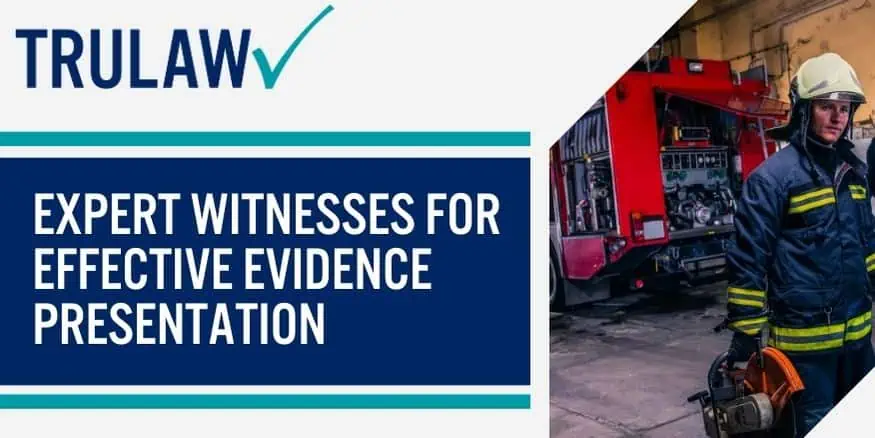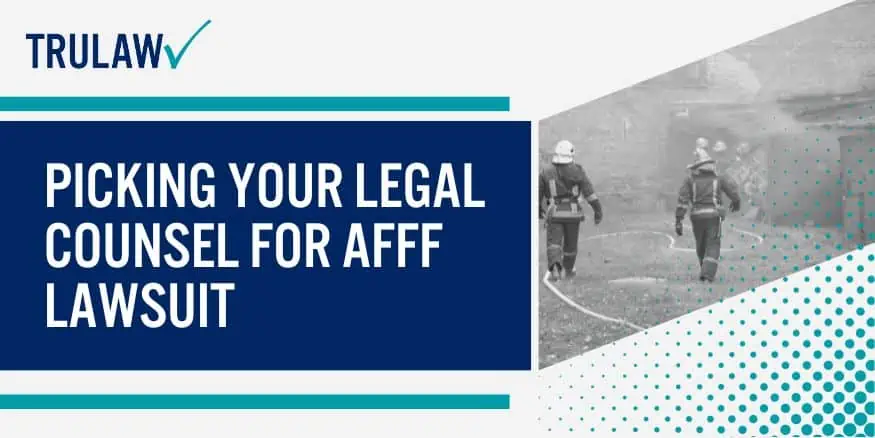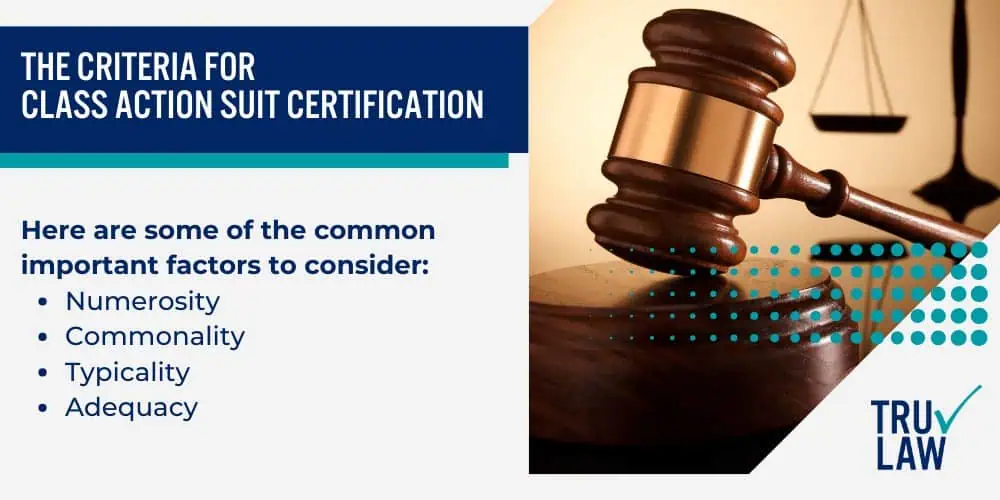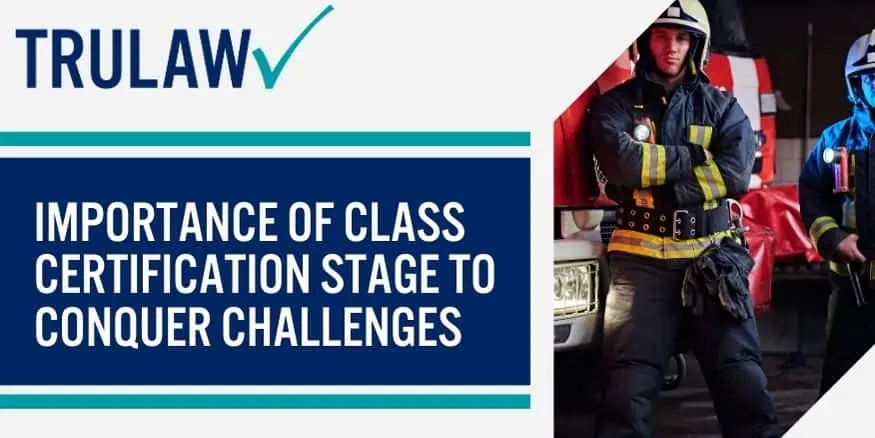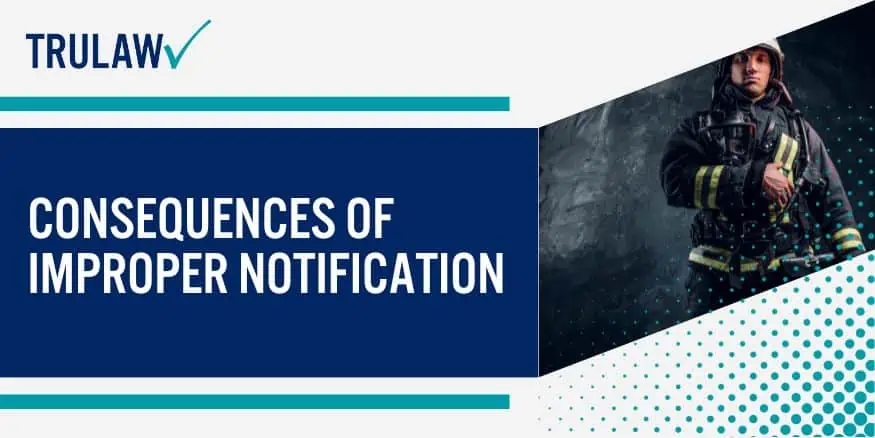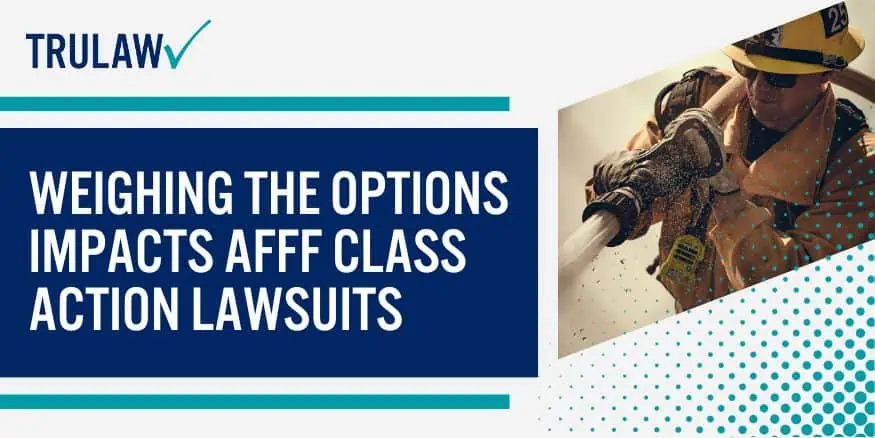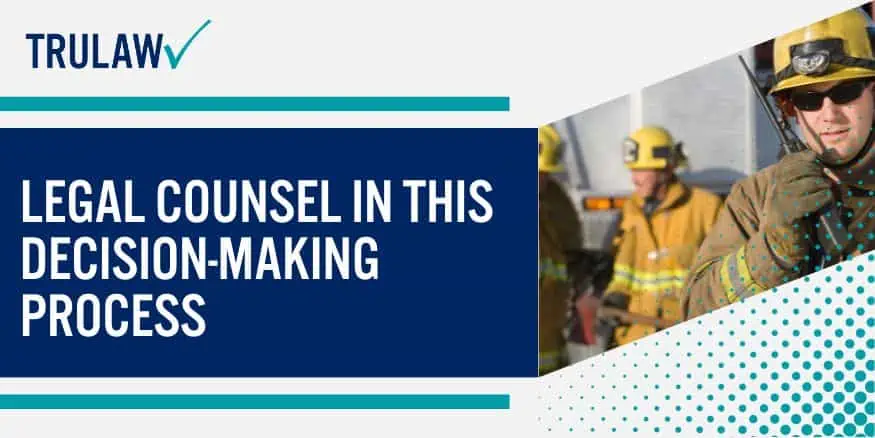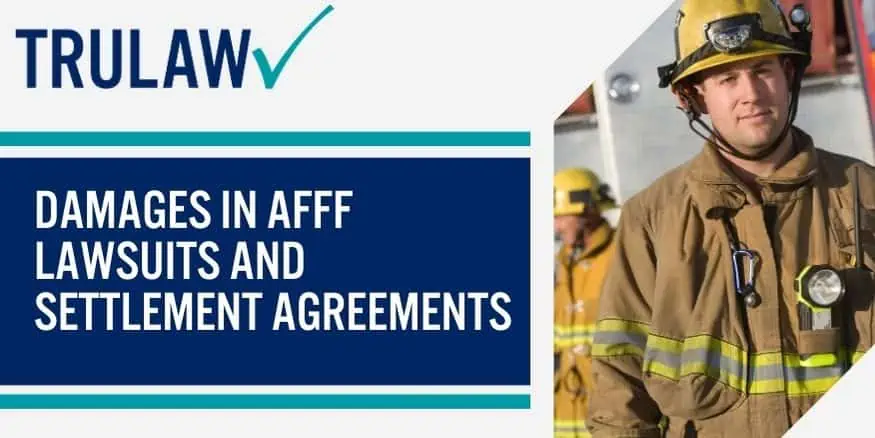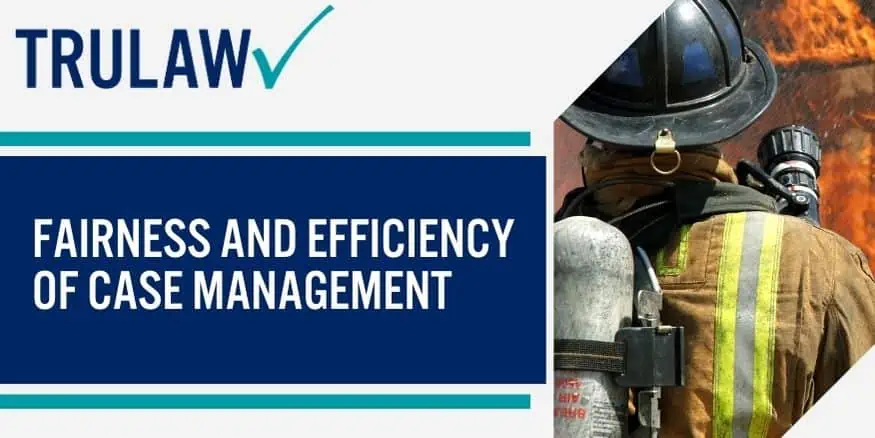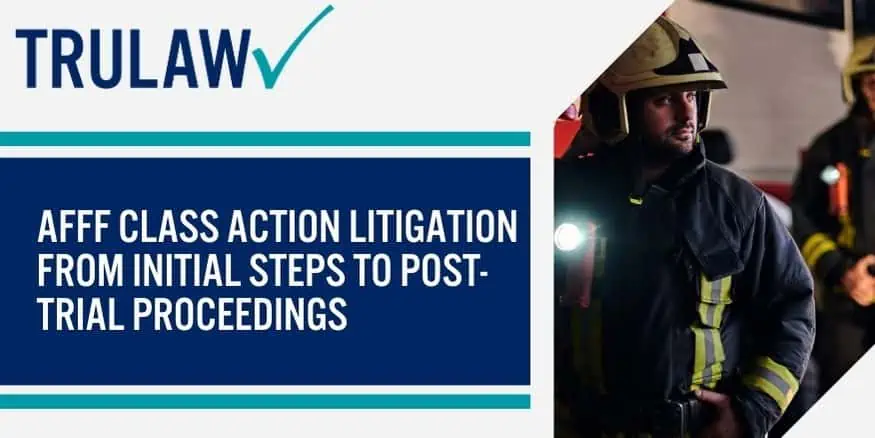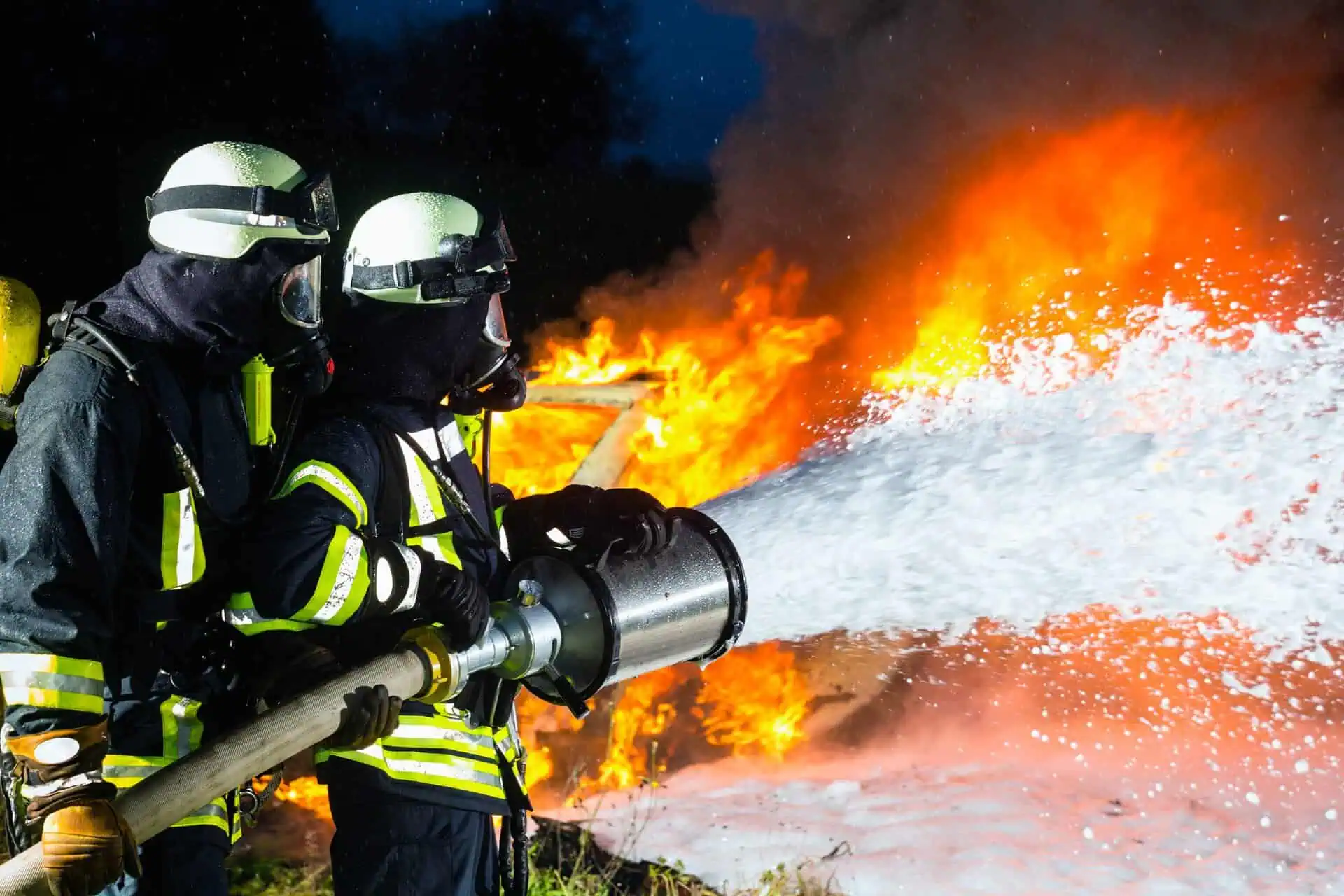Criteria to Consider Before Initiating a Lawsuit
Before you jump into the legal fray, there are some things you need to consider.
The first is whether you’ve been directly affected by Aqueous Film Forming Foam (AFFF).
Has this firefighting foam caused harm to your health or contaminated your property?
If so, you might have grounds for a lawsuit.
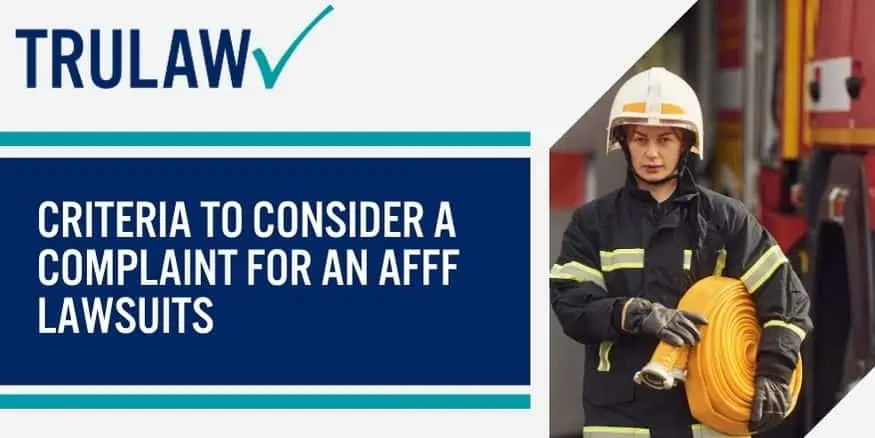
Secondly, think about the evidence.
Do you have medical records or other documents that support your claims?
Solid proof can make a big difference in the success of your case.
Lastly, consider if others are in the same boat as you.
Class action lawsuits involve multiple plaintiffs who’ve suffered similar harm.
If there’s a group of people affected by AFFF, it strengthens your case.
Filing a Complaint for an AFFF Lawsuits
So, how do you kickstart this legal process?
First off, consult with an attorney experienced in class action lawsuits and specifically those involving firefighting foams.
They’ll guide you through the process and help draft your complaint.
The complaint outlines your allegations against the defendants – usually manufacturers of firefighting foam like 3M or DuPont.
It details how their product has harmed you and why they should be held liable.
Remember to include all relevant information such as dates of exposure, symptoms experienced, and any related costs incurred.
The Role of Plaintiffs’ Allegations
Plaintiffs’ allegations play a pivotal role in shaping these lawsuits.
These statements form the basis of the litigation.
They detail what happened, how it happened and who is responsible for it.
Allegations must be compelling enough to convince the court that the case merits further investigation.
Strong evidence backing up these claims can swing things in favor of plaintiffs during pretrial motions or even at trial stages.
Impact on Course of Litigation
The initial considerations and allegations can significantly impact the course of litigation of AFFF lawsuits.
A well-prepared case with strong evidence can lead to early settlements.
Companies often prefer to settle rather than risk a negative verdict that could cost them millions.
On the flip side, weak cases may get dismissed or result in unfavorable judgments. So, it’s crucial to take these first steps seriously.
